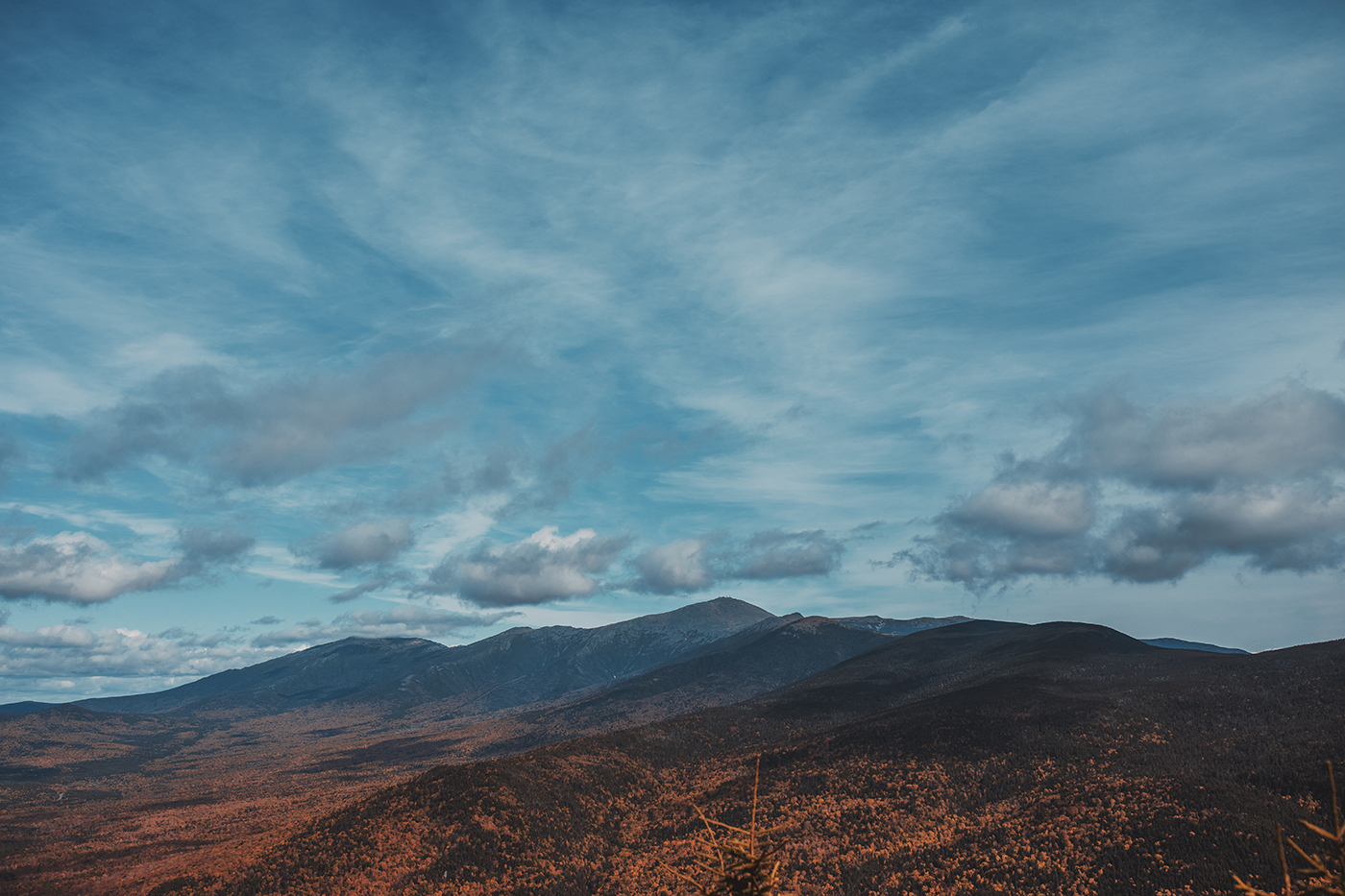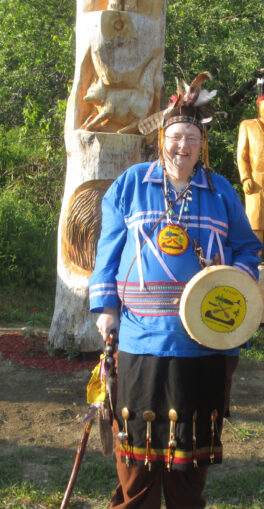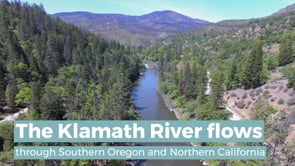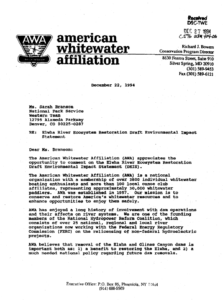Indigenous History in the White Mountains: An Interview with Abenaki Chief and Elder Paul Bunnell

PAULA CHAMPAGNE Before they were a national forest attracting thousands of hikers every year, the White Mountains were considered sacred to the Indigenous Abenaki people who called them home.
Long before the Crawfords cut their namesake path to Mount Washington’s summit and brought the first tourists to New Hampshire’s White Mountains in the 19th century, the Indigenous Abenaki Tribe called these mountains home. The Abenaki considered Agiocochook—now widely known as Mount Washington—so sacred that climbing it was forbidden.
The natural world provided the Abenaki with nutritional, medicinal, and ceremonial resources, and they treated it with dignity and respect, using everything they took and expressing gratitude and thanks for each life. Many of these values continue to live through the tribe today, according to Chief and Elder Paul “Gwilawato” Bunnell, who is a member of the Ko’asek (Co’wasuck) Traditional Band of the Sovereign Abenaki Nation. Bunnell is currently based out of New Hampshire, where he works as a tribal genealogist. An author and a historian, Bunnell has published more than 30 books, many of which detail historical accounts of his European and Indigenous past. During a recent interview, AMC asked Bunnell to discuss the Abenaki Nation’s history in and relationship with the White Mountains.
AMC: What does your name mean?
Bunnell: Gwilawato means, “He searches for something.” Being a genealogist, I did a lot of treasure hunting and going into ghost towns. My whole life, I’ve been looking for something.
Can you tell me a little bit about yourself and the work that you do?
I’ve been a member [of the Abenaki tribe in New Hampshire] since 2004. I joined the tribe after I found out I had all these Indians in my line. I wanted to hook up with a tribe in the area. So, I contacted them.
Do you have to have a certain percentage of Indigenous blood to be in the Abenaki tribe?
We don’t recognize the blood quota. The federal government does, and that’s a form of eugenics. Eventually, people are all mixed like I am. In today’s society, everybody’s mixing in. Half of our members are spread across the United States.
The federal government tries to encourage or make some of the federally recognized tribes to use the blood quotum. A couple of them go as low as 1/16. We go as low as the blood—if you’ve got a Native in your line and you want to celebrate your person, you have that right. Your DNA is not going to go away.
Where is the Abenaki tribe today?
Our traditional homeland before states and countries is Quebec, the [Canadian] Maritimes, northern Massachusetts, New Hampshire, Vermont, and Maine. Of course, we’re spread out all around the country now because of the economy—you have to go where the jobs are or where the family is.
How do the Abenaki people treat mountain ranges like what we now call the White Mountains?

COURTESY OF PAUL BUNNELL Chief and Elder Paul Bunnell in Abenaki regalia.
They’re sacred. That is our spiritual place. That is our source of hunting, our wildlife, and our plant life. And our ancestors are buried there. There are some protections that we’d like to put in place because there are a lot of ancient historical places or burial grounds [in the mountains] that should be left untouched. As we find them, we try to get them identified through the state or federal government.
Everything is part of us. And that’s the plants, the trees; the trees are a big thing. Everything living. When an animal is killed, we have a ceremony. With that, we offer the spirit up and send them on their way. And we’re not supposed to kill for joy. It’s always just for the need for the family or whatever requirements that we need to get that animal. Other than that, we respect them and try to nourish them, too.
Historically, if people were to climb these sacred mountains, would there be consequences in the eyes of the Abenaki?
In older times, yes. There were areas that they tried to keep European settlers out of. Hunting in those sacred areas back then was taboo. That’s where the food was. That’s where the heritage and ancient legends of our beginnings were. One of our stories is that we come from the ash tree. So, the ash tree is a very sacred tree for us. We descended from the ash tree.
Is it taboo to climb those mountains today?
It’s not a taboo for the general public or anything. We don’t claim any land because it’s already been taken. The taboo feeling doesn’t apply today. And if it does, it’s got to be an individual thing that’s coming out of a tribe in the area. I haven’t heard of any Native people striking out on people going into a certain area. All of the reservations and tribal property, you’re not allowed to go on there because there’s all of this sacred stuff that’s been developed over centuries. Out west, there’s a lot of that. You have to be accompanied by a tribe member.
Do you know what some of the mountains in the Presidential Range were named before European settlers changed them?
The latest one was [Mount] Eisenhower. And that was quite a while ago. We called it Mount Pleasant. And they changed it to Eisenhower. And they added some non-presidents there because when they were doing it they didn’t have any more presidents’ names.
Mount Washington has a couple of names. G8dagwjo is one of them, it means “hidden mountain.” That’s because of the clouds that are always over it. It’s so high and cold that it usually has clouds over it. Agiocochook means “the home of the great spirit.” That is an Abenaki name—the one we use today.
Which other pieces of history were erased by colonialism?
We had to go underground because of the persecution, the sterilization, and the eugenics programs from Dr. [Henry] Perkins in Vermont. We still have a few people that are victims of that in our tribe.
Editor’s note: Beginning in 1922, Dr. Henry F. Perkins developed and led a racist eugenics program to “fix” what he saw as a high percentage of Vermont men with “defects” like epilepsy, diabetes, and physical and mental disabilities. Among those sterilized in Vermont i between 1922 and 1941 were French Canadians and Indigenous People, including members of the Abenaki Tribe.
Is there a great deal of resentment about colonialism and the loss of Abenaki heritage among the tribe today?
Yes and no. What’s going on today is the continued racism, and not just with Native Americans, and states ignoring the rights to land and sacred areas. And those are the kinds of things that we’d like to continue seeing getting better.
Do you know how many Abenaki people are left?
The U.S. Census Bureau reports a little more than 2,000 Abenaki still living in the United States.
Are the Abenaki federally recognized today?
The whole Abenaki tribe has never been federally recognized.
What is the greatest challenge that’s facing the Abenaki people currently?
Actually, it’s racism. And the government policies to wipe out the blood quotum thing and wiping out the idea that we don’t have any Native blood. It’s not in their power. I mean, a lot of people have European ancestors here. And they’re now discovering that we have Neanderthal DNA. Now they’re finding out that they’ve interbred with the humans and we have it in our blood. If something 100,000 years ago can be detected in human blood, that means our Native blood is not going to go away. That’s how I feel about it. As a tribe, I think everybody feels the same way.
Read about the troubled history of inclusion in American outdoor spaces, engage with a timeline of racism on public lands—including against Indigenous populations—and learn how AMC is working to acknowledge the history of land and create outdoor opportunities for all.
The post Indigenous History in the White Mountains: An Interview with Abenaki Chief and Elder Paul Bunnell appeared first on Appalachian Mountain Club.


